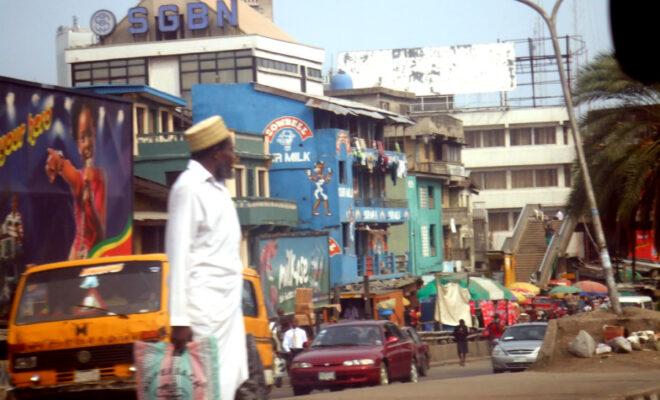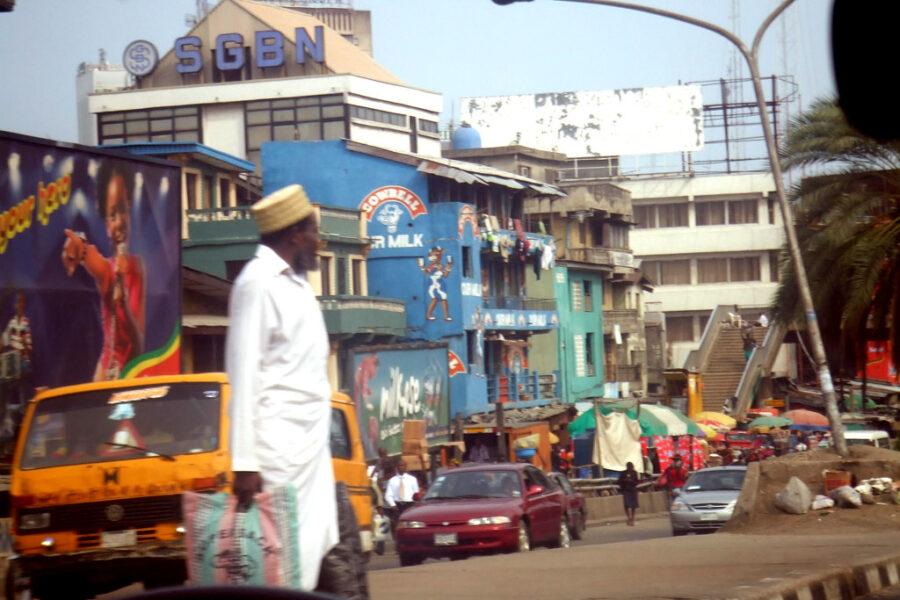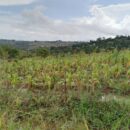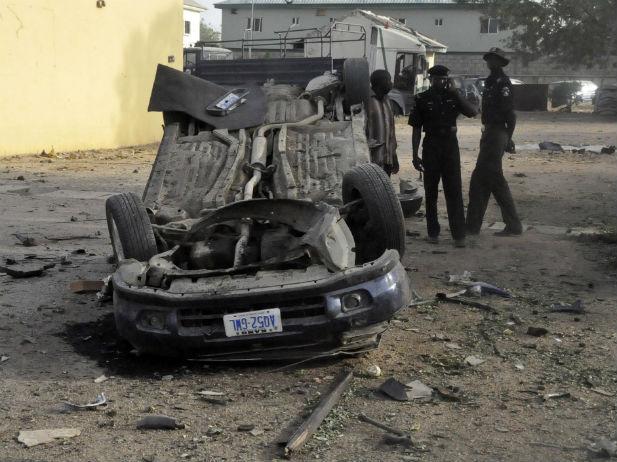What will it take for monthly rent payment to work in Nigeria?

Nigerians currently have to shell out a whole year’s rent in advance. Many renters want this to change, but landlords will need reassuring.

Renters struggle to find suitable homes and pay rent in many cities in Nigeria, such as Lagos. Credit: Naparazzi.
Renting in Nigeria can feel like an extreme sport. Not only is there a shortage of affordable housing in many cities, but renters that do find a suitable property typically have to fork out a whole year’s rent in advance to secure it, if not two.
This longstanding norm of annual rent payments reduces risks for landlords and gives them more financial flexibility. Some tenants prefer it too. But with Nigeria’s economy in crisis and the cost of living sky rocketing, the pressures of coming up with huge bulk payments for somewhere to live are becoming unbearable for many.
Given that, some government officials are attempting to push Nigeria’s rental market to accept monthly payments. In December 2021, for example, the Lagos state government announced a monthly rent scheme to start later this year. Under this voluntary arrangement, the government will pay landlords a year’s rent in advance, and then collect it back in monthly payments from tenants. The plan came in response to a survey in which 88% of Lagos tenants said they would prefer to pay rent monthly.
Meanwhile in January 2022, Senator Smart Adeyemi tabled a bill that would prevent landlords in the Federal Capital Territory (FCT) from demanding annual rent as he criticised Abuja’s “corrupt, oppressive tenancy system”. With only one senator opposing it in its first reading, the bill is likely to pass soon.
However, it is one thing to pass a law and another to enforce it in this highly under-regulated sector – especially if landlords are reluctant to end a system that has long benefited them. This partly explains Lagos’ voluntary approach to the issue. As the Lagos state governor’s housing advisor conceded at the announcement of the rent scheme: “We cannot really enforce that monthly tenancy but [only] create an enabling environment”.
This begs the question: What will it take for monthly rent payments to actually work in Nigeria?
Concerns and schemes
Many landlords, estate agents, and property developers are resistant to the proposed shift to monthly rent. One reason is that collecting a whole year’s rent in advance allows them to invest large sums of money sooner. Another is that it reduces the risk to them; they are guaranteed 12 months’ rent in one go rather than having to worry about being paid – or not – every month. The Lagos state scheme attempts to alleviate these concerns but has not yet been put into practice.
Some landlords suggest they would be more open to monthly payments if there were reliable mechanisms to protect them against tenants defaulting. This is already a common problem under the current system. Landlords and estate agents typically try to avoid it by screening prospective tenants and only letting properties to those that meet a certain income threshold or can reassure them of their ability to pay reliably. However, these strategies are not always sufficient, and some landlords suggest a monthly system will increase the need for these kinds of checks.
“The only way [monthly rent] will work is that landlords will have to know their tenants, where they work, their employer, the liability of where they work or what they do,” says Phillip Uchegbu, a landlord in Enugu city.
This would be burdensome for property owners, but a number of tech companies have recently emerged that could mediate these arrangements. Firms such as Rent Small Small, Fibre, Spleet, Kwaba and Alpha Mead are all promising to make life easier for their landlord clients.
These companies offer a number of services. They help find upwardly mobile professionals with steady incomes to be tenants. Spleet and Kwaba allow renters to take out a loan to pay a year’s rent in advance, which the tenants then repay to the company in monthly instalments, much like the Lagos state plan. Rent Small Small offers rent insurance for landlords in the event that tenants are unable to pay. Some of these companies also impose penalties on renters if they are slow to pay. Rent Small Small, for example, charges tenants N3,000 ($7) per day for late payment, while Fibre charges renter’s an extra 10% of their monthly payment if they are over five days late.
These services could make it easier for Nigeria to switch to a monthly rent system by addressing landlords’ concerns. However, it should also be noted that some tenants are hesitant about the proposed changes too.
Chigbo MacDennis, a renter in Abuja, worries that landlords will simply increase rents “in the spirit of higher risk, higher reward”. Meanwhile Dominic Itodo, another renter in the capital, suggests that unlike with annual payments, which effectively fix costs for the year, a monthly system provides landlords more opportunities to arbitrarily elevate them. “This is Nigeria,” he says. “With a monthly plan…your landlord can just increase rent after six months.” There is nothing in the FCT bill to prevent this.
Some renters also just prefer to pay annually. For instance, Ikenna Obinali, a driver in Enugu state, says he would rather save up and pay his year’s rent in one go rather than “scramble around every month to find rent money”. “Nigeria is not working,” he adds. “As you are getting your money you are spending it putting out fires.”
Given these varying preferences, Uchegbu argues that any legislation will work best if it is not overly rigid and prescriptive. “We are living in a democracy,” he says. “They should not dictate to someone investing money the frequency at which s/he should collect his or her money back…Flexibility is essential.”
No panacea
Nigeria’s rental market faces myriad challenges stemming from vast inequalities, rapid rural-urban migration, housing shortages, double-digit inflation, and the erosion of the Naira. The mortgage rate is sky high. And the price of building materials and the cost of bureaucracy associated with construction makes it difficult to build properties at the pace needed.
A monthly rental system would certainly not be a panacea to the country’s housing crisis or fix these deep structural problems. However, if Nigeria were to make monthly rent the new norm, it would at least make renting far more accessible to large numbers of people. Some lawmakers and tech firms are now trying to push Nigeria in this direction. It remains to be seen if they will be able to assuage both landlords and renters’ concerns and make it a reality.
This article is published as part of the African Arguments fellowship for young freelance journalists.







it going to work